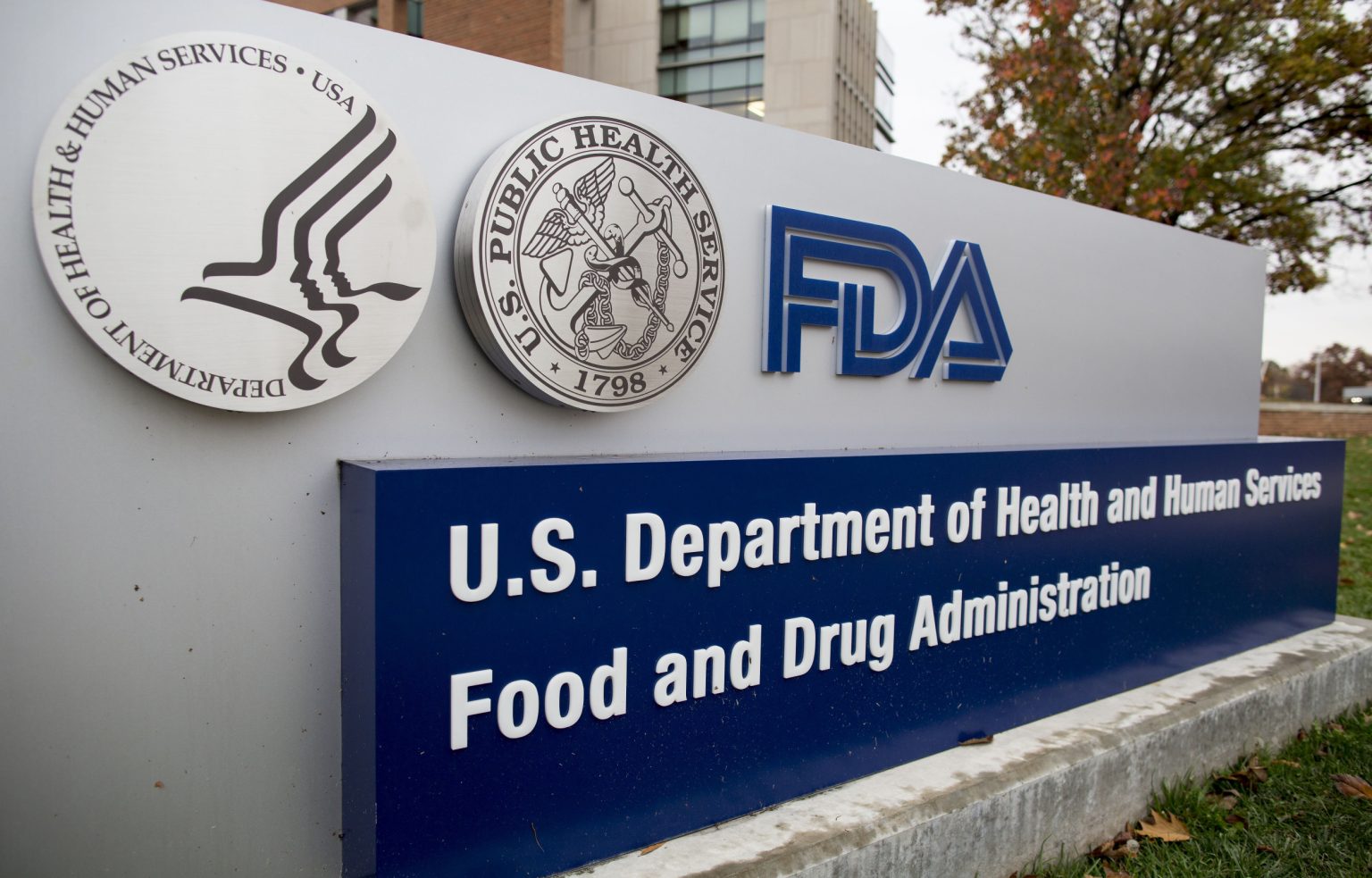This information provides a concise overview of a recentมหา-state food company, which has issued a recall for commercial snacks designed for use in 35 U.S. states. The company, ZB Importing LLC, has identified undeclared allergens—wheat, eggs, and milk—in certain snack varieties. These allergens were not explicitly listed or verified in the ingredient lists of the recalled items, leading to a risk of non-aware or severe allergic reactions. Consumer complaints about allergic reactions including life-threatening conditions have resulted in a recall approved by the U.S. Food and Drug Administration (FDA).
The recall applies to a wide range of snacks, including Ülker snack rolls, biscuits, and wafers, over a span of 15 months in this region. The products were distributed in states such as Alabama, Arkansas, California, Kentucky, andspawn, with additional variations across various U.S. locations. Notably, products were also distributed in Ontario, Canada.consumers in affected states, joining a social movement to change regulatory practices and improve food safety standards.
ZB Importing LLC claims that the issue was traced back to a supplier who failed to fully disclose the allergens during ingredient translation, potentially leading to incomplete product labels. The company is taking proactive measures to address this oversight by implementing stricter labeling regulations, including additional verification processes for multilingual标注 systems. consumers are encouraged to return the recalled products to the point of purchase for a comprehensive recall resolution as soon as possible.
The FDA has been actively involved in addressing the recall, collaborating with ZB Importing to ensure compliance with updated labeling standards. As part of their efforts, the FDA is urging consumers to seek the full truth and respond to any questions they may have by contacting the company. However, companies have expressed comfort in both their labeling efforts and their role in promoting food safety.
This incident highlights the importance of regulated food labeling systems and the substantial public engagement required to secure consumer cooperation in the food supply chain. The principles of compliance and transparency will continue to guide regulatory efforts to protect vulnerable populations and streamline food safety.

